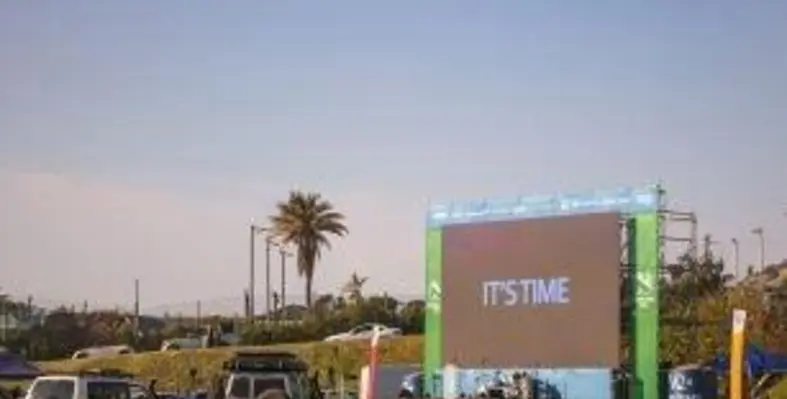Cape Town was the first major modern city in South Africa to have found itself facing a very serious water crisis in 2018
It almost ran out of water. Cutting consumption during a persistent drought, the city preserved its depleted reserves to avoid disaster, brought in expertise from all over the world with alleviating solutions, and was eventually blessed by rain that re-filled the reservoirs.
This October, the city was once more in the limelight of global water professionals, this time for a more positive reason, as it hosted the W12 Congress – a gathering of 12 cities, including Cape Town, that are proactively facing their water challenges together with experts and technologists from around the world, including DuPont Water Solutions.
In an exciting blend of socially distanced on-site and digital events during October, the W12 tabled issues highlighted successes and drew up action plans. Task teams incorporated professionals from economics, politics, technical science, natural science, social science and civic society, underlining how water security touches every aspect of our lives and can only be approached united.
A special highlight was the “drive-in” convention, literally allowing delegates to safely engage with each other from their cars in an open-air theatre, as well as see the world premiere of “A Waterwise Future for All” as well as the new documentary “Brave Blue World”, featuring Matt Damon and Jaden Smith, and narrated by Liam Neeson, that paints an optimistic picture of how humanity is changing its relationship to water. DuPont is proud to be a supporter of Brave Blue World, and the W12 as the company brings its global technological expertise to bear on the solving water scarcity, pollution and sanitation challenges locally.
“Water security touches every aspect of our lives and can only be approached united.”
Helping possibility flow in Kenya, Ethiopia, Egypt and Tanzania
As reported in the last edition of African Review, under the project name “JaDi Maji”, DuPont gave the technical advice, training and technology to provide communities and schools in Tanzania with self-managed water storage and filtration systems that level out the volatile and sporadic rainfall in Maasai lands. In Ethiopia, the company has recently helped to bring back hope to Serdo, by providing the purification systems that can treat water from boreholes which were previously capped due to pollutants.
A containerised ultrafiltration system was installed last year in north-eastern Egypt to give rapid relief to the burgeoning population of four towns in arid lands. And, lastly, DuPont Water Solutions completed a project in 2019 on the outskirts of Nairobi so that a hospital and the local community can rely on the safe treatment of highly fluorized groundwater. All these projects were done in close partnership with the local community, regional government and locally-based engineering experts, completed rapidly and with lasting effect.
Such examples serve to show that we have the technology and the ability to solve any water problems if we put our minds to it and join up in partnership. That’s what the global water community was doing in Cape Town in October, and that is what it does every day all over the world to bring safe water to all parts of society.












